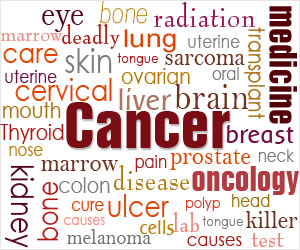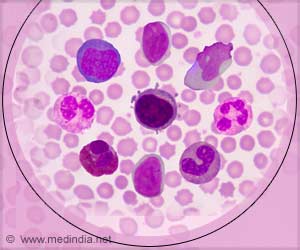
A global research team has pinpointed the genetic foundation and biological mechanisms influencing cancer risk associated with variations in blood immune cell numbers. This marks a notable stride in comprehending how the immune system can thwart the development of tumors.
The study, led by researchers from the Institut Català d’Oncologia (ICO), the Bellvitge Biomedical Research Institute (IDIBELL), the Germans Trias i Pujol Research Institute (IGTP), and the Translational Genomics Research Institute in the United States, has been published in the journal Genome Medicine and represents a significant step towards a better understanding of how alterations in the immune system facilitate the onset of cancer.
Unlocking the Genetic Basis of Immune System Regulation
The immune system is responsible for maintaining the integrity and function of the body by continuously protecting us from exogenous attacks, such as viruses, and endogenous attacks, in this case cancer. This gives it a central role in inhibiting carcinogenesis and its disruption may increase the risk of cancer by allowing malignant cells to proliferate. However, the genetic basis influencing this regulation was generally unknown until now. This research now opens up new avenues for the development of specific and targeted prevention methods through therapies or interventions that modulate the immune response.
The project results point to more than 1,000 genes that simultaneously influence the immune system and cancer risk. These genes that affect more than one feature of the body, called pleiotropic genes, are often associated with the control of haematological system development and telomere regulation.
On the one hand, the alteration of hematologists associated with cancer is mainly linked to abnormalities of myeloid cells, such as neutrophils or eosinophils. In this regard, the study has identified a specific protective role of eosinophils against the development of common cancers in the general population. Telomeres are structures located at the ends of chromosomes that protect genetic material and wear out over time. Therefore, telomere alterations are associated with different pathologies or conditions, including cancer and ageing.
Source-Eurekalert



